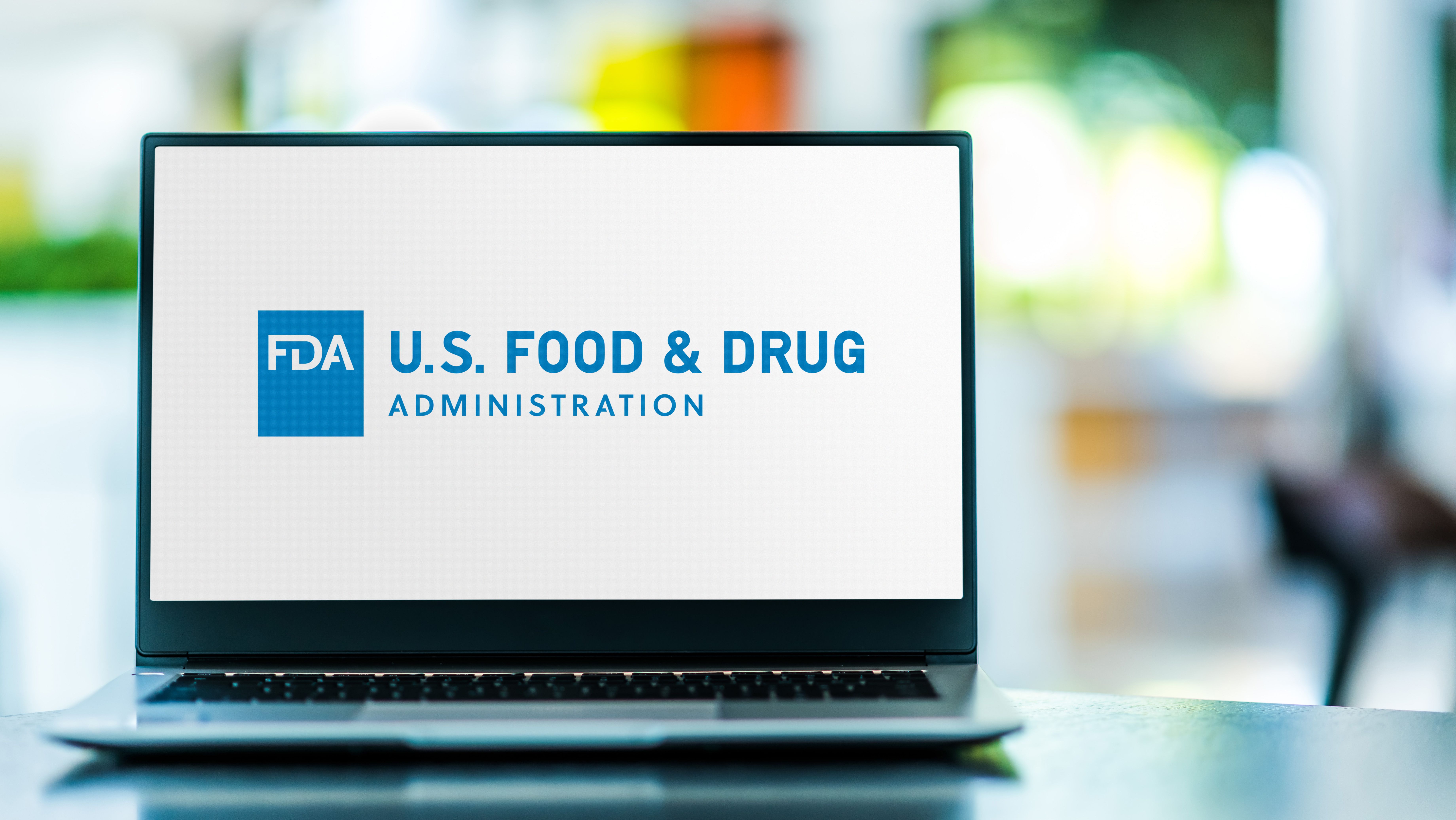- Center on Health Equity & Access
- Clinical
- Health Care Cost
- Health Care Delivery
- Insurance
- Policy
- Technology
- Value-Based Care
FDA Approves Hercessi, the Sixth Trastuzumab Biosimilar
The recent FDA approval of Hercessi expands access to a treatment previously burdened by high costs. Hercessi joins the 5 other biosimilars already on the market.
FDA approval. | Image Credit: monticellllo - stock.adobe.com

The FDA has approved Hercessi, a trastuzumab biosimilar (trastuzumab-strf; HLX02) to the reference product Herceptin, for the treatment of several forms of HER2-positive breast and gastric cancers.1 This is Accord BioPharma’s first biosimilar FDA approval in the US and the sixth trastuzumab biosimilar approval overall.
In a series of approvals beginning in December 2017, several biosimilars to trastuzumab were granted marketing authorization.2 Ogivri (trastuzumab-dkst) was the first, receiving approval in December 2017. Herzuma (trastuzumab-pkrb) followed in December 2018, then Ontruzant (trastuzumab-dttb) in January 2019. Trazimera (trastuzumab-qyyp) and Kanjinti (trastuzumab-anns) were subsequently approved in March and June of 2019, respectively.
Originally, Hercessi was developed in Shanghai, China by Accord’s business partner, Shanghai Henlius Biotech, Inc. However, in 2021, Henlius gave Accord BioPharma exclusive rights to develop and commercialize a trastuzumab biosimilar in the US and Canada.
“The approval of Hercessi— our first biosimilar approval in the US—marks an important milestone for Accord BioPharma in our efforts to improve access for patients,” Chrys Kokino, US president of Accord, said in a statement
The type of breast cancer Hercessi targets, HER2-positive, is a more aggressive form compared with other types of cancer because the cancer cells grow rapidly, according to the American Cancer Society.3 Fortunately, HER2-positive breast cancer has a better chance at responding well to treatment drugs.
Efficacy, safety, and quality of both trastuzumab and trastuzumab-strf have been studied since 2015. Ultimately, they both proved to have similar pharmacokinetic (PK) and clinical safety as well as efficacy data between the biosimilar and the reference product. No clinically meaningful differences were found between trastuzumab and trastuzumab-strf, supporting the biosimilarity of the therapies. The biosimilar drug received approval for a dosage of 150 mg but a 420 mg version if anticipated by the company later in 2024.
Despite the development of effective treatments, breast cancer therapies can come at extensive financial costs.4 While every patient is unique, average estimates range from $20,000 to $100,000 in medical services. The dollar amount is also altered by the stage of the diagnosis, where the higher the stage, the higher the costs.
Research shows that the average sales price and net price of the reference trastuzumab market instantly lost shares when the first biosimilar was commercialized.5 As more trastuzumab biosimilars were developed, the reference product continued to lose market share, and it is expected to continue to do so as more biosimilars are commercialized.
“Our patient-centered approach has led us to unwaveringly explore high-quality, effective, affordable, and accessible treatment options, and our determination to promote HLX02 in more than 40 markets around the world is Henlius’ response to patients’ concerns," said Jason Zhu, executive director, chief executive officer, and chief financial officer at Henlius.
While trastuzumab-strf being Accord BioPharma’s first biosimilar, the company expects to market several more within the next 5 years. These efforts have been supported with the submission of a Biologics License Application to the FDA for biosimilar versions of pegfilgrastim, filgrastim, and ustekinumab.
“We look forward to reaching more patients in North America and providing them with more cost-effective access to high-quality biologics,” Zhu said.
References:
1. Accord BioPharma, Inc. announces U.S. food & drug administration approval of HERCESSI (trastuzumab-strf), a biosimilar to Herceptin® (trastuzumab) for the treatment of several forms of HER2-overexpressing cancer. PR Newswire; April 29, 2024. Accessed April 29, 2024. https://www.prnewswire.com/news-releases/accord-biopharma-inc-announces-us-food--drug-administration-approval-of-hercessi-trastuzumab-strf-a-biosimilar-to-herceptin-trastuzumab-for-the-treatment-of-several-forms-of-her2-overexpressing-cancer-302129508.html
2. Biosimilar approvals. Center for Biosimilars. March 22, 2024. Accessed April 29, 2024. www.centerforbiosimilars.com. https://www.centerforbiosimilars.com/biosimilar-approvals
3. Breast cancer HER2 status, what is HER2 status? American Cancer Society. August 25, 2022. Accessed April 29, 2024. https://www.cancer.org/cancer/types/breast-cancer/understanding-a-breast-cancer-diagnosis/breast-cancer-her2-status.html
4. Breast cancer treatment costs: options and assistance. PatientPower. October 6, 2023. Accessed April 29, 2024. https://www.patientpower.info/breast-cancer/cost-of-breast-cancer-treatment
5. Joszt L. Trastuzumab biosimilars successfully drove down prices. AJMC. June 5, 2023. Accessed April 29, 2024. https://www.ajmc.com/view/trastuzumab-biosimilars-successfully-drove-down-prices
